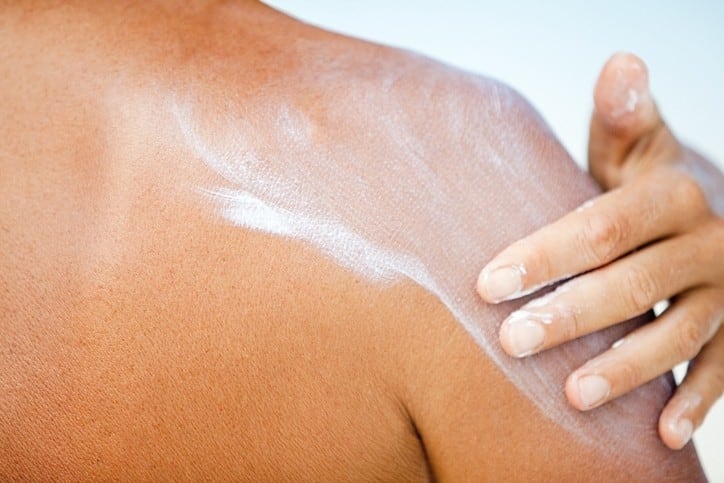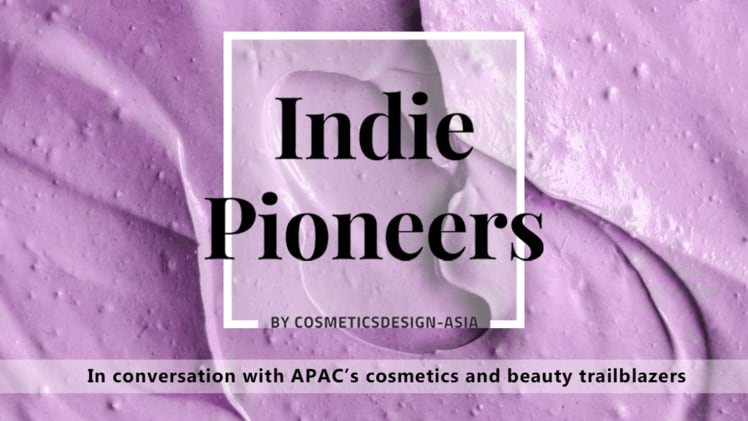In the post-pandemic era, beauty and mental well-being have become intrinsically linked. Cosmetic companies have begun discussing mental health more openly and creating products that claim to offer benefits that are more than skin deep.
In the midst of this, interest in neurocosmetics has been catching on. As its name suggests, neurocosmetics is a concept that is based on the brain-skin connection.
“The skin is completely connected to our brain. There are so many receptors on the skin that are connected with the limbic system,” explained Roberta Donadelli, R&D team manager of Sharon Laboratories.
She elaborated that the origins of our skin and brain are interconnected through the ectoderm, which is formed in early embryonic development.
Donadelli is the head of the AR|THE project which combined three branches – neurocosmetics, aromacosmetics and chronocosmetics – to create formulations that benefit skin, mind and mood.
She added that AR|THE was conceived as an inclusive project and personally hoped that it could bring people together in an increasingly divisive world.
“Just when the world wants to separate us, just when they want to make a separation between black and white, old and young, this project wants to make a union… The skin is not only a shield, a barrier, but an emotional wall between me and you. If it’s open, then we have a channel that we can communicate with each other.”
Donadelli highlighted one of its formulations, an acne treatment, as an example.
It consists of tea tree, German chamomile, and lemongrass essential oils, among others. Together, it helps to reduce the survival rate of Propionibacterium acnes while remedying the emotional damage of acne.
Donadelli said acne was more than a skin condition, as it commonly affects one’s self-confidence, which can affect their interpersonal relationships, for example.
“With acne comes particular emotional problems and the essential oils in this help them to release this defensiveness and be open with others.”
What makes a neurocosmetic?
While there are beauty and personal care products that claim to have positive effects on mental and emotional well-being, not all of them can be classified as neurocosmetics, claims Donadelli.
“There’s a lot of talk about neurocosmetics, but in an incorrect way. The real connection, the biochemical connection between the skin and the brain starts only with the terpenic ingredients and terpenic ingredients are present in the essential oils.”
Primarily, it applies the principles of aromatherapy to skin treatments with consequent benefits to mind and mood.
“Essential oils are very powerful, and you have to be careful using it on skin because they are very active,” said Dondelli, who has completed three years of aromatherapy studies.
“There are many ‘noses’ on the skin because the same receptor that we have in the nose are present on the skin. They are totally connected with the amygdala and that is connected with the hypothalamus, which is linked to the hypophysis and is stimulated to release the neurotransmitter.”
She emphasises: “This is a biochemical transaction that we have only with this kind of neurocosmetics. It’s not the same as feeling better with the sun on your skin or by standing in front of the sea.”





